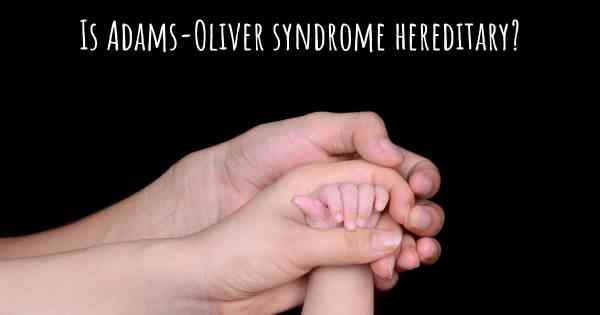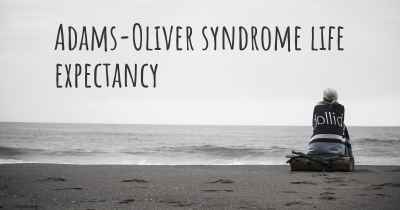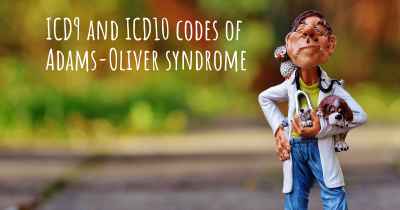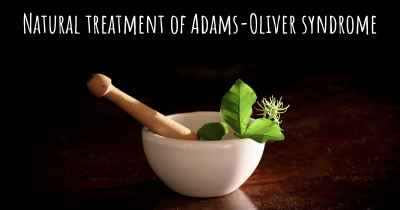11
Is Adams-Oliver syndrome hereditary?
Here you can see if Adams-Oliver syndrome can be hereditary. Do you have any genetic components? Does any member of your family have Adams-Oliver syndrome or may be more predisposed to developing the condition?

Yes, most cases of Adams-Oliver syndrome (AOS) are hereditary. There are currently six known genes - defects in any one of these genes can cause AOS. However, there are many patients that do not have identified mutations in any of these genes, which suggests that there are more genes that have not yet been identified. There are three ways in which a mutation can occur in these genes:
1) Autosomal dominant inheritance: mutations in the ARHGAP31, RBPJ, NOTCH1 and DLL4 genes have all been reported to cause autosomal dominant AOS. Autosomal dominant refers to mutations that have been inherited from one parent. A person who carries a defect in an autosomal dominant gene has a 50% chance of passing this on to their children.
2) de novo (new mutation): this is when the mutation has occurred spontaneously during formation of the egg/sperm, or at an early stage during development of the baby in the womb. In this case, the mutation is not inherited from a parent. However, an affected person then has a 50% chance of passing it on to their own children.
3) Autosomal recessive inheritance: mutations in the DOCK6 and EOGT genes have been reported to cause autosomal recessive AOS. Autosomal recessive refers to mutations that have been inherited from both parents. In this case, both copies of the gene must be defective to show signs of the condition. The parents of an affected individual each carry one copy of the mutated gene but they are typically healthy. Mutation 'carriers' with one copy of the defective gene carry a 25% chance of having children affected with the condition.
See https://ghr.nlm.nih.gov/condition/adams-oliver-syndrome for more information
1) Autosomal dominant inheritance: mutations in the ARHGAP31, RBPJ, NOTCH1 and DLL4 genes have all been reported to cause autosomal dominant AOS. Autosomal dominant refers to mutations that have been inherited from one parent. A person who carries a defect in an autosomal dominant gene has a 50% chance of passing this on to their children.
2) de novo (new mutation): this is when the mutation has occurred spontaneously during formation of the egg/sperm, or at an early stage during development of the baby in the womb. In this case, the mutation is not inherited from a parent. However, an affected person then has a 50% chance of passing it on to their own children.
3) Autosomal recessive inheritance: mutations in the DOCK6 and EOGT genes have been reported to cause autosomal recessive AOS. Autosomal recessive refers to mutations that have been inherited from both parents. In this case, both copies of the gene must be defective to show signs of the condition. The parents of an affected individual each carry one copy of the mutated gene but they are typically healthy. Mutation 'carriers' with one copy of the defective gene carry a 25% chance of having children affected with the condition.
See https://ghr.nlm.nih.gov/condition/adams-oliver-syndrome for more information
Posted Jan 18, 2018 by Laura 650
Yes. Either mother or father 50% out of 2 kids with same parents.
Posted Aug 16, 2019 by Amanda 3000
Yes. Depending on the variant. Causes. Mutations in the ARHGAP31, DLL4, DOCK6, EOGT, NOTCH1, or RBPJ gene can cause Adams-Oliver syndrome. Because some affected individuals do not have mutations in one of these genes, it is likely that other genes that have not been identified are also involved in this condition
Posted Jan 14, 2023 by Trudy, Steph's mum 2650








